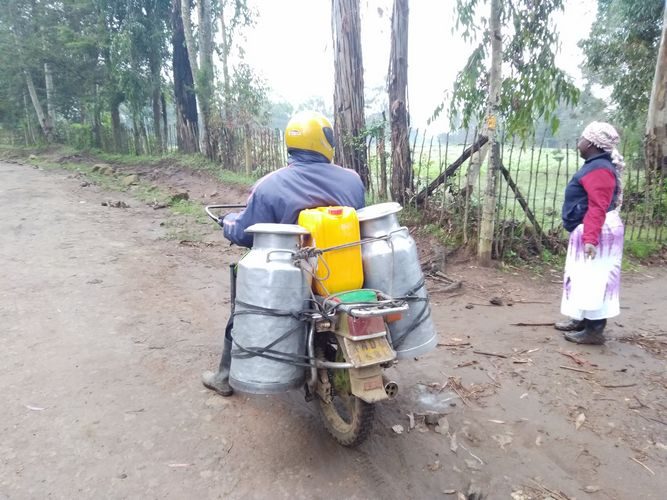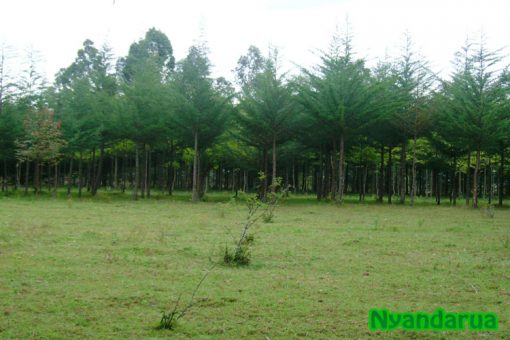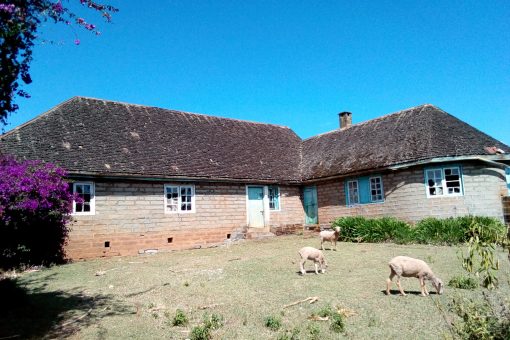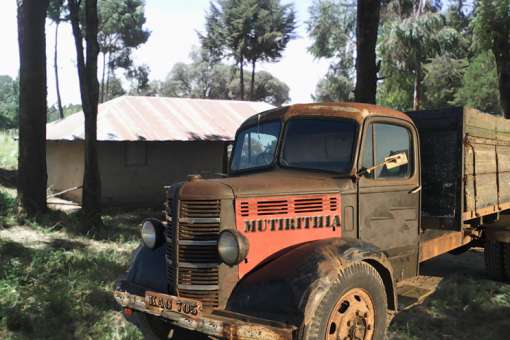I consider myself a strong woman because I was raised by an even stronger woman, her five feet two inches height and no education to boast of not withstanding. My mother and a few other women in OlKalou ran their massive farms single handedly. There were husbands who remained absent from OlKalou, working or doing business in larger cities and towns to supplement the family income, only visiting their families occasionally. There are those who visited on weekends, others visited end of month while others visited every few months.
In our earlier years in Olkalou, my father was one of those absent husbands, who only came home every few weeks. On some visits, we did not get to see him because he arrived home past 10 pm when we were already asleep and left 6 am before we woke up. We only knew he came home because there was bread for breakfast, a rare delicacy that was not there the previous evening when we went to sleep. We also noticed the unmistakable tyre tracks made by our father’s pick up truck as he cut through the frost covered grass as he exited the home compound in the wee hours of the morning.
My father never made it to any of the community meetings, like school meetings, Cooperative Society meetings or church meetings. In fact, a lot of our friends at school and church had never met our father. We were known as the children of our mother. And to our mother we belonged. Our mother was a true manager. She was also the judge and the jury, settling every case to its conclusion without ever having to wait for our father. I know a lot of women back in the day skipped disciplining their children, delaying punishment until their husbands came home “tareke thoguo ooke nimukumenya” translation, “you will face the music when your father comes home” My mother was not one of those women. She meted the punishment swiftly and harshly. As tall as we were, towering over our mother, she did not hesitate to slap us across the face if the situation called for it. We knew not to cross her.
She hired and fired workers without waiting to consult with our father, and those workers knew without a doubt that she was their boss. For some few misogynistic workers who had trouble following directions from a woman, we witnessed a few times when our mother threw their stuff out of the house, locked the door and escorted them out of our gate. She was a fair but tough as nails employer who demanded results with no compromise. That was a standard she set for herself, her children and anybody who wished to hold employment on our farm.
She attended the local meetings and voiced her opinion and concerns, just like any other landowner, majority of whom were men. We knew we were well represented and I am sure our father knew it too.




